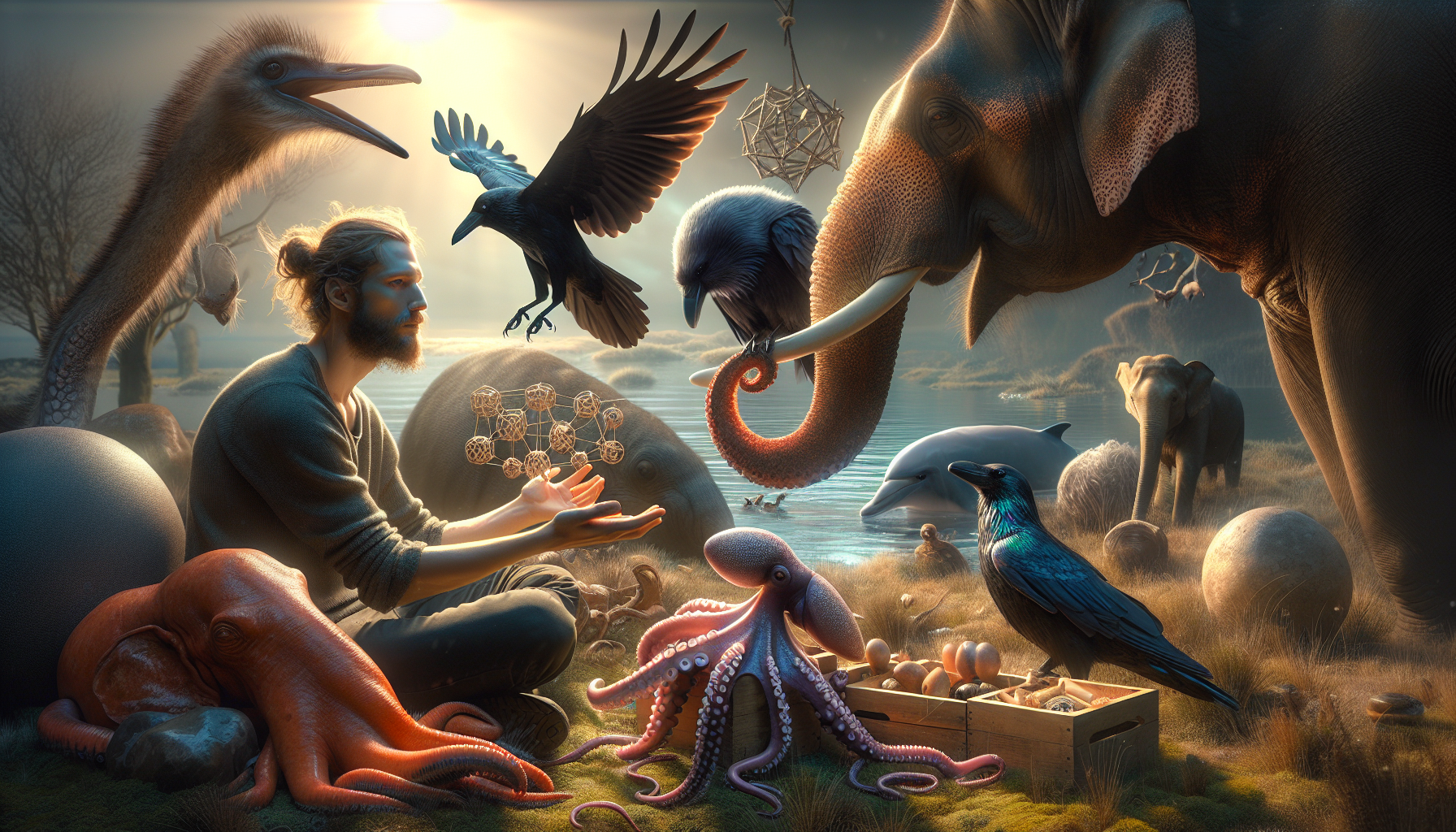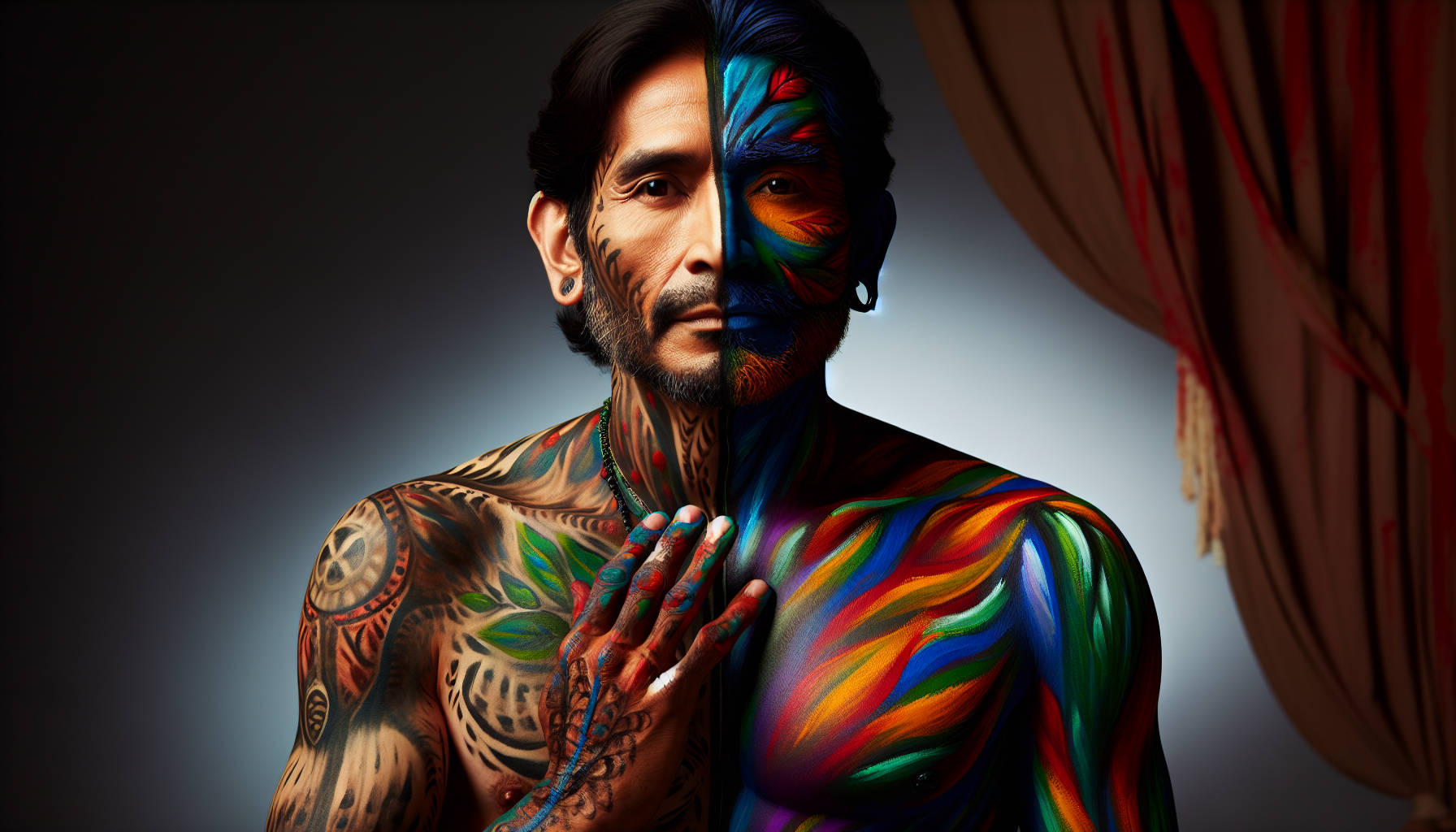In a world where values are constantly shifting, the age-old concepts of shame and honor still hold a profound grip on human behavior and societal norms. These two forces, seemingly opposite yet intricately linked, have shaped cultures, influenced decisions, and defined the moral fabric of societies across centuries. They serve as invisible guidelines, subtly steering the course of our lives, from the way we interact with our communities to the choices we make in the solitude of our own minds. But what exactly are shame and honor? And why do they wield such power over us? This article delves deep into the moral equation that balances these two forces, inviting you to explore their relevance in our modern age.
To truly understand the significance of shame and honor, one must first recognize their pervasive presence throughout history and across cultures. From the ancient Greeks, who immortalized honor in epic tales of heroism, to Eastern philosophies that emphasize collective harmony, and even to contemporary Western societies that grapple with individualistic interpretations of success and failure, shame and honor are universal themes that transcend time and geography. They have been employed as tools of control, mechanisms of social cohesion, and measures of personal integrity. This article will explore their historical context, dissect how they manifest in various cultures, and examine their impact on personal identity and societal structures. Along the way, we’ll uncover intriguing case studies and psychological insights that shed light on why these concepts remain as relevant today as ever.
As we navigate this complex landscape, we’ll also confront challenging questions that arise from the intersection of shame and honor with modern issues. How do these age-old concepts influence contemporary debates on social justice, ethics, and community accountability? In an era where digital platforms amplify voices and expose vulnerabilities, how do shame and honor shape our online interactions and perceptions of self-worth? Through this journey, we aim to provide a comprehensive understanding of the moral equation that binds shame and honor, offering readers not just a glimpse into the past and present, but also a thoughtful reflection on the future. By the end of this exploration, you’ll gain a nuanced perspective on how these enduring values continue to influence our world, prompting us to question and redefine what it truly means to live with honor in the modern age. 🌟
Understanding the Dynamics of Shame and Honor
In many cultures around the world, the concepts of shame and honor play pivotal roles in shaping social behavior, personal identity, and community values. These two forces often function as moral guides, influencing decisions and societal norms. The intricate dance between shame and honor can dictate everything from personal conduct to broader cultural practices, highlighting their significance in both individual lives and collective societies. Delving into these concepts reveals a complex moral equation that is deeply embedded in cultural narratives and personal experiences.
Shame, as a concept, often revolves around the perception of having fallen short of societal or personal standards. It can be a deeply internalized feeling, arising from the fear of judgment or rejection. In many cultures, shame is not merely an individual experience but a collective one, affecting families, communities, and even nations. The fear of bringing shame to oneself or one’s community can be a powerful deterrent against actions perceived as dishonorable or inappropriate. This collective aspect of shame underscores its potency as a social regulator, influencing everything from personal behavior to communal values.
Honor, on the other hand, is often associated with integrity, respect, and the fulfillment of cultural or societal expectations. It is frequently linked to the upholding of one’s reputation and the respect of others within the community. The pursuit of honor can drive individuals and groups to adhere to specific codes of conduct, often rooted in historical and cultural traditions. Honor can serve as a source of motivation and pride, encouraging individuals to act in ways that reinforce positive self-images and uphold community standards.
The Interplay of Shame and Honor in Different Cultures
The relationship between shame and honor can vary significantly across cultures, with each culture placing different levels of importance on these concepts. For example, in many Eastern cultures, honor and shame are tightly interwoven with familial and communal responsibilities. Here, honor is not only a personal achievement but a reflection of one’s family and community, while shame can result from failing to meet these collective expectations.
In contrast, Western cultures may emphasize individualism, where personal honor is often aligned with personal achievements and integrity. In these societies, shame might be more internally focused, related to personal failures rather than communal perceptions. This cultural variation highlights how the balance between shame and honor can shape personal identity and community dynamics, emphasizing different aspects of social responsibility and personal achievement.
For a deeper insight into how different cultures perceive shame and honor, watch this insightful video: Understanding Cultural Differences in Shame and Honor by Cultural Insights Channel. 📺
The Psychological Impact of Shame and Honor
The psychological implications of shame and honor are profound, affecting mental health, self-esteem, and personal growth. Shame, when internalized, can lead to feelings of worthlessness, anxiety, and depression. It can create a cycle of negative self-perception that hinders personal development and social interaction. In severe cases, the burden of shame can lead to social withdrawal and a loss of identity, as individuals struggle to reconcile their perceived failures with their self-worth.
Conversely, honor can have positive psychological effects, serving as a source of motivation and self-esteem. The pursuit of honor can encourage individuals to strive for personal excellence and integrity, fostering a sense of purpose and belonging. However, the pressure to maintain honor can also lead to stress and anxiety, particularly when societal or familial expectations are high. The need to uphold an honorable reputation can create internal conflict, as individuals navigate the delicate balance between personal desires and communal responsibilities.
For a comprehensive understanding of the psychological dynamics at play, consider the following table, which outlines the potential psychological effects of shame and honor:
| Effect | Shame | Honor |
|---|---|---|
| Mental Health | Anxiety, depression, low self-esteem | Increased motivation, higher self-esteem |
| Social Interaction | Withdrawal, fear of judgment | Positive social reinforcement, community respect |
| Personal Growth | Hindered by negative self-perception | Encouraged by pursuit of excellence |
As you reflect on these psychological aspects, consider how they might play out in your own experiences or in the lives of those around you. Engaging with these concepts can offer valuable insights into human behavior and motivation, as well as practical guidance for navigating complex social dynamics.
Practical Applications of Shame and Honor in Modern Society
In contemporary society, the concepts of shame and honor continue to influence various aspects of life, from personal relationships to professional environments. Understanding these influences can offer practical applications for personal development, conflict resolution, and community building. By acknowledging the role of shame and honor in our lives, we can better navigate social challenges and foster environments that promote positive interactions and mutual respect.
- Consider how shame and honor influence decision-making in your community.
- Reflect on the role these concepts play in your personal and professional relationships.
- Explore ways to integrate an understanding of shame and honor into conflict resolution strategies.
As you explore the practical applications of these concepts, keep in mind the potential for both positive and negative impacts. By navigating the balance between shame and honor with awareness and intention, we can create environments that promote growth, understanding, and mutual respect.
For more insights on the role of shame and honor in modern society, watch this enlightening video: Navigating Shame and Honor in the Modern World by Social Dynamics Explained. 🎥

Conclusion
Conclusion: Unveiling the Moral Equation: Shame and Honor in the Balance
In this exploration of the intricate moral equation of shame and honor, we have journeyed through the profound societal and psychological implications these concepts hold. At the core of our discourse lies the understanding that shame and honor are not mere abstract ideals but potent forces that shape individual behaviors, societal norms, and cultural evolution. By revisiting the primary themes discussed, we can glean a deeper appreciation for the pivotal role they play in our lives.
Initially, we delved into the historical contexts of shame and honor, revealing their deep roots in various cultures and civilizations. These concepts have served as powerful tools for social cohesion, guiding individuals to adhere to societal standards and expectations. In ancient societies, honor was often linked with valor and integrity, while shame functioned as a deterrent against behavior deemed unacceptable. Through the ages, these notions have evolved but continue to exert significant influence on modern-day societies.
Our examination then shifted to the psychological dimensions of shame and honor. Here, we unpacked the emotional experiences associated with each, recognizing how they affect our self-perception and interpersonal relationships. Shame, often internalized, can lead to feelings of worthlessness and isolation, while honor can inspire pride and a sense of belonging. Understanding these emotional undercurrents allows us to navigate our social landscapes more effectively, promoting personal growth and empathy towards others.
Furthermore, we addressed the cultural variations in the perception and expression of shame and honor. While some cultures emphasize collectivism and group honor, others prioritize individual achievements and personal integrity. This diversity in interpretation underscores the complexity of these concepts and highlights the importance of cultural sensitivity and awareness in our increasingly interconnected world.
The discussion also encompassed the ethical considerations surrounding shame and honor. We debated the potential for misuse, where societal pressure and rigid adherence to honor codes can lead to destructive behaviors and unjust practices. Conversely, we acknowledged their positive potential in fostering accountability and ethical behavior when applied judiciously and with empathy.
In reinforcing the importance of this theme, it is crucial to recognize that our engagement with shame and honor impacts not only our personal lives but also our broader societal structures. These concepts influence legal systems, educational practices, and community interactions. By cultivating a balanced understanding, we empower ourselves to foster environments where respect, dignity, and mutual understanding thrive.
As we conclude this exploration, I urge you, dear reader, to reflect on your own experiences with shame and honor. Consider how these forces have shaped your values, actions, and relationships. Engage in conversations about these topics, share your insights with others, and seek to apply what you have learned to create more compassionate and inclusive communities.
Let this article serve as a catalyst for ongoing dialogue and introspection. As we unravel the moral equation of shame and honor, may we strive to balance them with wisdom and humanity, paving the way for a future that honors the dignity of all individuals.
Feel free to share your thoughts and experiences in the comments below or on social media platforms. Let’s continue this important conversation together! 🌟
For further reading on the impact of shame and honor across cultures, you may explore these active sources:
2. BBC Future on Honor Cultures
Thank you for joining me on this enlightening journey. Let’s continue to learn and grow together. 🌍
Toni Santos is a visual storyteller and cognitive explorer whose work delves into the mental landscapes of ancient cultures—revealing how different civilizations perceived reality, memory, and meaning long before modern psychology existed. Through symbolic imagery and narrative inquiry, Toni brings to life the divergent ways of thinking that shaped lost worlds.
His creative path is guided by a fascination with non-linear logic, oral cosmologies, and the mythic frameworks that once guided decision-making, emotion, and identity. From memory temples carved in stone to visual languages encoded in textiles, every piece Toni creates reflects the vast cognitive diversity of the human story.
With a foundation in visual design and cultural semiotics, Toni blends analytical depth with artistic expression. His work goes beyond historical reconstruction—it reawakens the embodied, intuitive, and ritual-based intelligence of ancient minds, inviting us to question the assumptions of modern thought.
As the mind behind Vizovex, Toni curates visual studies, essays, and immersive content that explore forgotten epistemologies—ways of knowing that connected people to myth, land, and each other in profoundly different ways.
His work is a tribute to:
The symbolic intelligence of pre-modern cultures
The neural diversity embedded in ancient rituals and storytelling
The deep memory systems that shaped identity and perception
Whether you’re a researcher, an artist, or a seeker of hidden wisdom, Toni invites you to enter a space where cognition is culture, and where the past speaks through signs, cycles, and symbols—one myth, one memory, one mind at a time.





